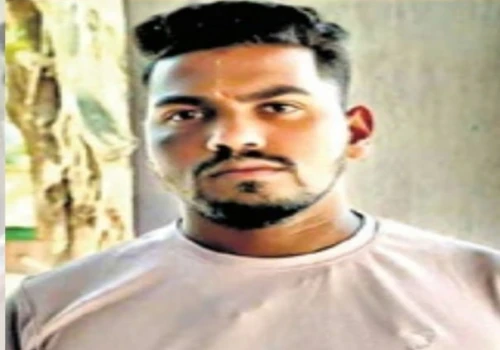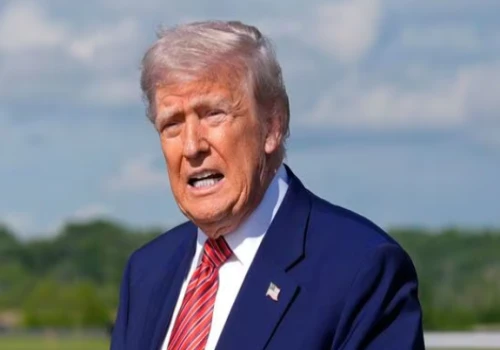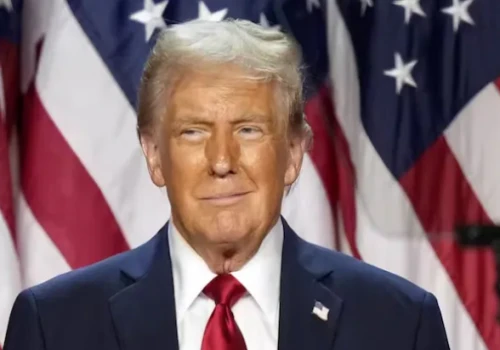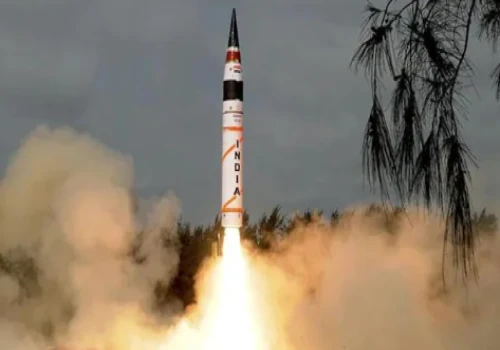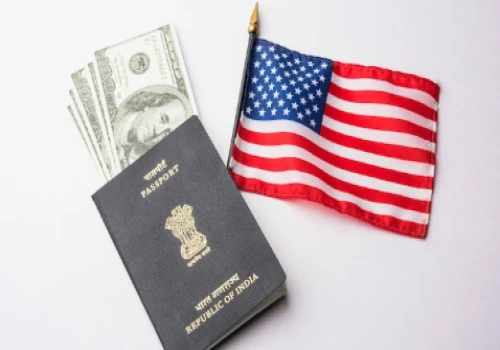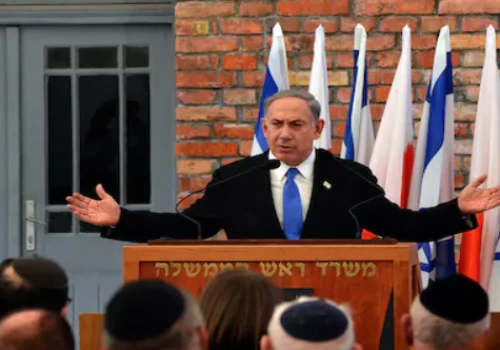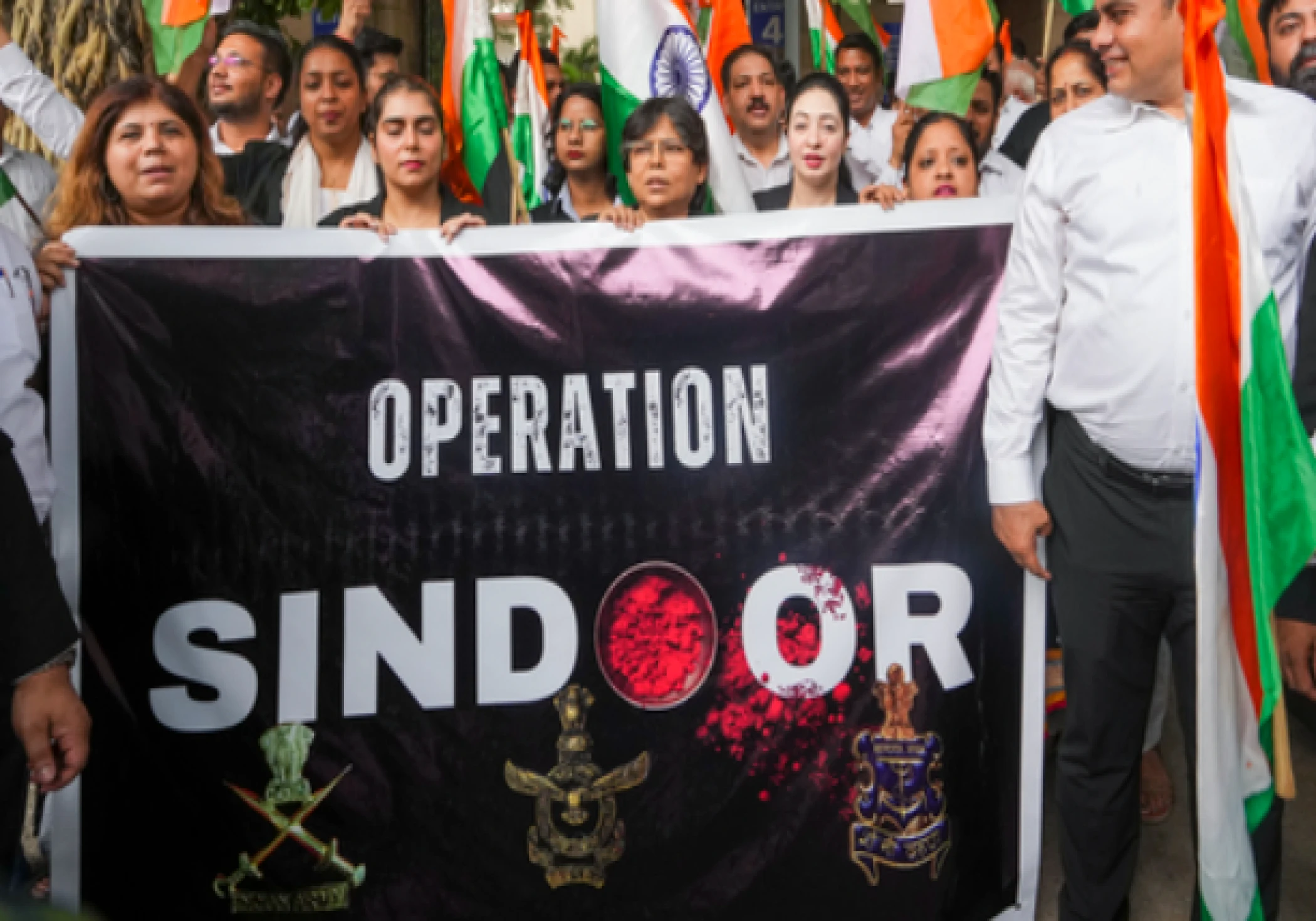
In the just-concluded military operation called "Operation Sindoor," India has decided to send seven all-party delegations of 59 political dignitaries. These delegations are to tour 32 nations and headquarters of the European Union in Brussels, looking to mobilize global support against terrorism and publicly appreciate India's response to cross-border attacks.
The delegations, beginning their visits from May 23, consist of political representatives from the ruling National Democratic Alliance (NDA) and opposition parties, representing a rare bipartisan agreement on matters of national security. Out of the 59 political leaders, 31 belong to the NDA, and the rest 28 are members of different opposition parties. The delegations consist of seven to eight political members and are accompanied by former diplomats to facilitate proper conveyance of India's stance against terrorism.
Key leaders leading these groups are:
• Shashi Tharoor (Congress): Heading the delegation to the United States and Canada.
• Ravi Shankar Prasad (BJP): Leading the team to the United Kingdom, France, Germany, the EU, Italy, and Denmark.
• Baijayant Panda (BJP): Heading the delegation to Saudi Arabia, Kuwait, Bahrain, and Algeria.
•Sanjay Kumar Jha (JD-U): Managing visits to Indonesia, Malaysia, South Korea, Japan, and Singapore.
•Kanimozhi Karunanidhi (DMK): Taking the team to Australia, New Zealand, Fiji, and Papua New Guinea.
•Supriya Sule (NCP): Leading the delegation to Brazil, Argentina, Mexico, and Chile.
• Shrikant Shinde (Shiv Sena): Taking the team to South Africa, Nigeria, Kenya, and Egypt.
These delegations intend to interact with overseas counterparts, outline India's view of new security threats, and request cooperative action to counter terrorism.
Operation Sindoor was initiated after the Pahalgam terror attack claimed 26 lives. Operation Sindoor struck terrorist camps and infrastructure on the other side of the border, which was a strong retaliation by India against terrorism. Diplomatic efforts that followed are an attempt to bring the international community to speed about the aim and success of the operation, highlighting the zeal of India in eradicating terrorism.
Before deploying these delegations, India had briefed defense attachés of 70 nations and told them about the strategic change in its strategy against cross-border terrorism and the implications of Operation Sindoor. This act reflects India's desire to generate international support and cooperation in countering security challenges.
Though the mission has been praised for its bipartisan nature, not all political parties have been eager to join in. The Congress party, for example, pointed out that among its four proposed members, just one was in the delegations, and questioned the mode of selection.
India's Operation Sindoor and the accompanying diplomatic initiative are a unified attempt to fight terrorism through both the military and diplomatic routes. Through both international engagement and a unified political front, India is seeking to reinforce global cooperation against terrorism and regional stability.

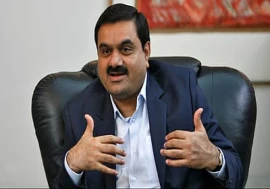
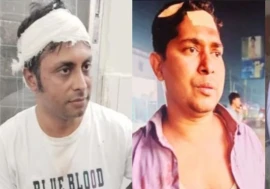
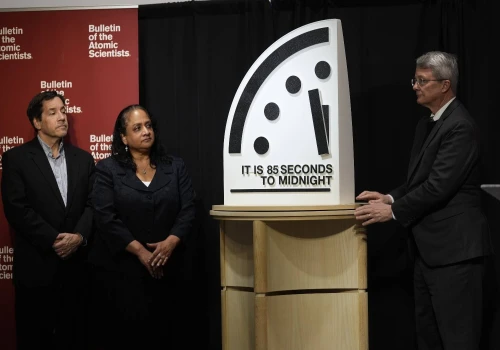

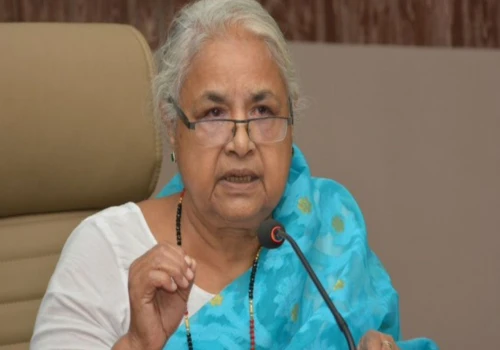
_500_x_350.webp)
